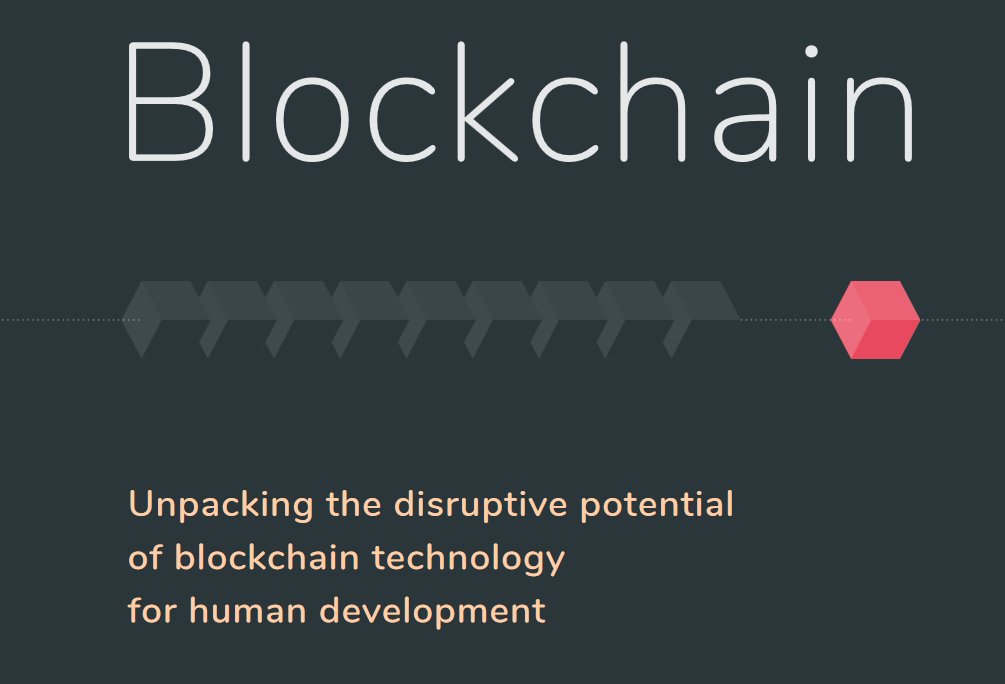The blockchain tsunami has reached the shores of all seven continents in the world. It would be fair to say most Capitals have been flooded, slowly coming to terms with the new technology’s potential impact. Cryptography, hashing, Merkle trees, peer-to-peer networks, distributed trust and governance, proof of work and stake algorithms, and smart contracts are a few of the buzzwords that many, if not most, are still trying to fully grasp. They come with the territory. 
I started to follow Bitcoin from a distance in 2011. At the time, the cryptocurrency was closely associated with the Dark Web and dubious financial transactions. Two years later, blockchain technology (BCT) started to gain ground as perhaps the most relevant and innovative technology supporting cryptocurrencies. The creation of Ethereum in 2013 is the best proof of this evolution.
Last year I was approached by IDRC to write a white paper on BCT. The paper is now completed, published by the organization in English and French (coming soon, I am told). Unlike other research, the paper explores the relevance of BCT for developing countries. It particularly considers the role BCT could have in closing the broad socio-economic and political gaps that still exist (and persist) in those countries.
Finding real examples or use cases, as they are called in the business, was a daunting task. While many development areas and themes have one or more BCT startups supporting them, very few are actually on the ground. Also, the turnover and failure rates of some of these initiatives seemed quite high. For example, early efforts to support land registration in countries in Africa and Central America have now stopped. Competition among startups is very dynamic and has intensified since the emergence of initial coin offerings (ICOs) last Northern Spring. ICOs seem to have distracted BCT innovators from on the ground to secure financial support and income in the short run.
After its big bang, It is still early days for the BCT universe. The potential is there, but the technology needs to move from proof-of-concept to concerted deployment that targets human development explicitly.
Cheers, Raúl

